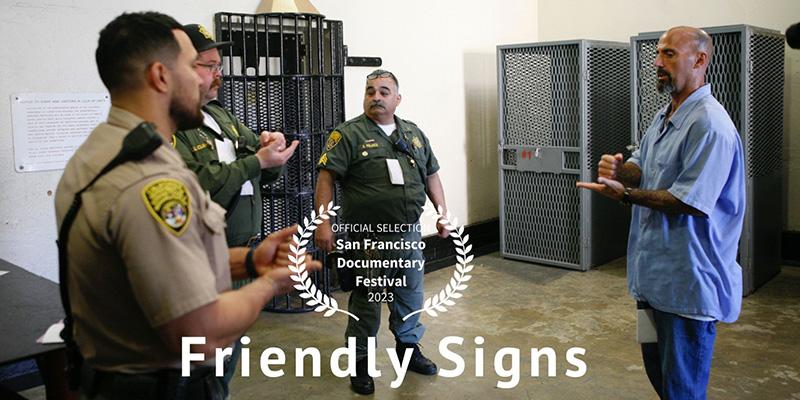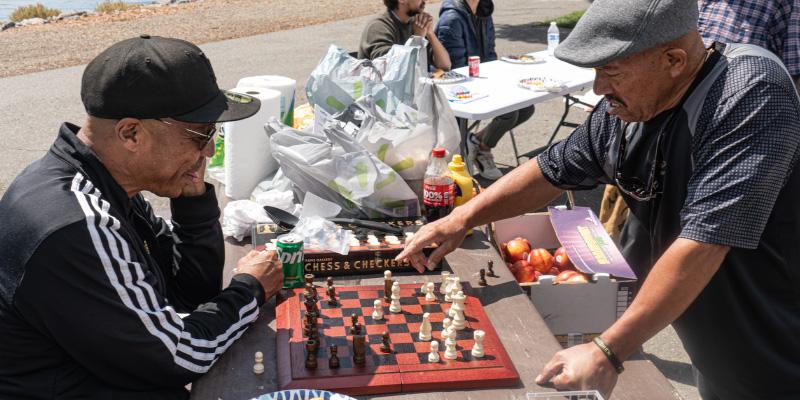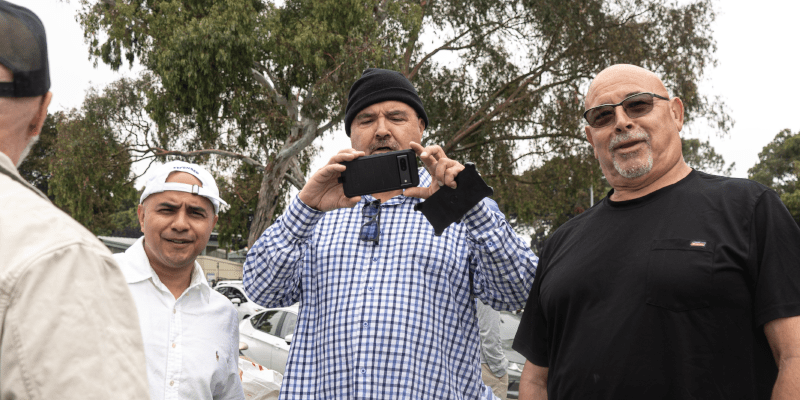Education, Exclusion & Participatory Citizenship
On a sunny March 30th, Mount Tamalpais College hosted our annual Faculty Appreciation Event inside San Quentin’s Chapel, which this year was called a “Celebration of Teaching & Learning.” Although the event usually celebrates faculty, this year was a little different.
The College’s Dean of Academic Administration, Nandita Dinesh said to a packed Chapel before the event began, “Holding the event inside San Quentin was initiated by faculty who suggested that, ‘For it to feel like it was truly an appreciation event, there need to be students as well.’”
This year the event was designed around students’ presentations on the theme of teaching and learning, followed by their teacher’s responses, allowing a brief look into the “extraordinary conversations” held in those classroom spaces.
Alumnus Michael K. Moore opened the event and touted being a 2022 graduate of Mount Tamalpais College, the first class to graduate since the college received independent accreditation. He prepared a speech called “Madness of Prison” which spoke to the misconception that we are free, having control of thoughts, feelings, and the the mind. Michael said, “Nobody can give you freedom but yourself.”
A seven-year veteran faculty member at Mount Tamalpais College, Ian Sethre, expressed his appreciation that Michael had asked him to collaborate on their speeches together. Ian then expounded on a recommendation by Dean Dinesh to reflect on teaching and learning. Ian thought about what he values about teaching and learning at MTC and responded, “I’m particularly interested in the intersecting issues of education, citizenship, and felony disenfranchisement.”
Amongst the other presenters were Theresa Roader who responded to Dennis Jefferson, Will Bondurant responded to Peter Bommerito, and Omair Akhtar who wrapped up the event by responding to Darryl Farris.
The Celebration of Teaching & Learning event concluded with Akhtar speaking to the audience in response to Darryl’s speech, saying, “What communities, networks, mentors, and friends can you call on to help you navigate the world? -What is our role in that journey? (Gotta avoid white savior, we’re not main characters) -When students graduate from MTC, what do we owe them, in terms of connecting them to the people and resources to succeed and navigate new worlds, wherever they find themselves?”










